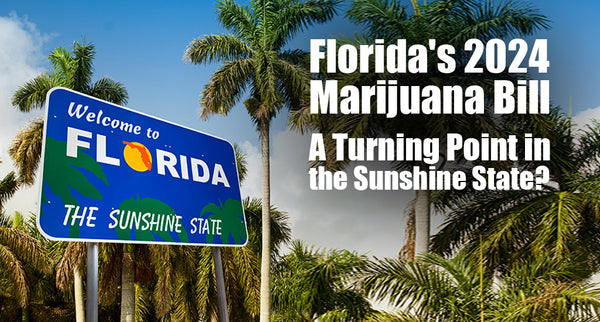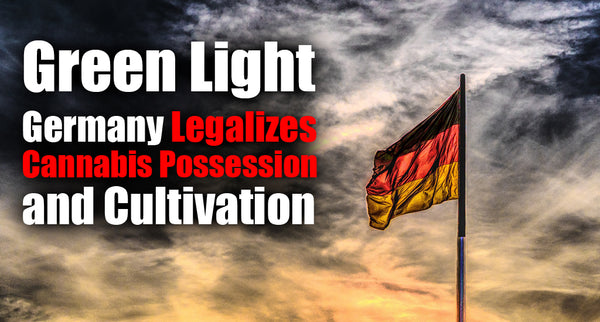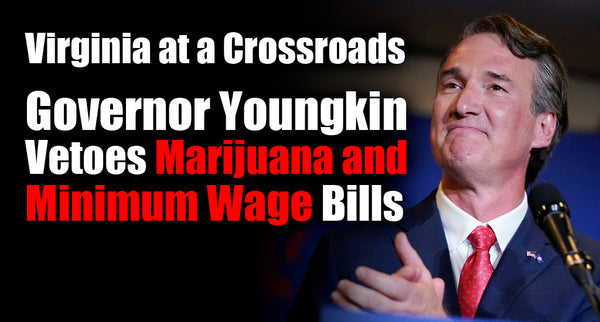
A New Era of Freedom: The Transformative Effects of Biden’s Marijuana Pardon
In a landmark move, President Biden issued Proclamation 10467 on October 6, 2022, granting a presidential pardon to individuals convicted of simple possession of marijuana under federal law. This decision marks a significant shift in the legal and social landscape surrounding cannabis in the United States. This article delves into the implications of this historic proclamation, analyzing its impact on employment, housing, and the legal system.
Employment Implications
The proclamation could significantly benefit those pardoned, especially in terms of employment opportunities. According to Risk Management Magazine, the pardon is a vital step in mitigating the long-standing employment barriers faced by individuals with simple possession convictions. President Biden’s proclamation grants a full and unconditional pardon to U.S. citizens and lawful residents convicted of simple possession of marijuana, although it does not expunge the conviction from their records.
The U.S. Sentencing Commission reported that 7,699 people were convicted under federal law for simple possession of marijuana between 1992 and 2021, indicating a substantial number of individuals who could benefit from this decision. Employers are now faced with the complexity of considering pardoned applicants during hiring processes, taking into account various legal requirements and potential negligent hiring risks.
Housing and Civil Rights
The Presidential Proclamation 10467, which pardons individuals for federal convictions of simple possession of marijuana, extends beyond employment opportunities and delves into significant civil rights and housing implications. This action by President Biden is seen as an attempt to partially redress the impact of decades-long anti-drug laws that have disproportionately affected Black and Latino communities. Despite the positive step, the pardon covers only a fraction of those affected nationwide, leaving many still burdened by state convictions for marijuana-related offenses. The administration's initiative aims to alleviate the struggles faced by thousands in securing housing, employment, and educational opportunities, which were previously hindered by their criminal records.
However, the pardon's limitations are evident as it does not expunge the convictions, meaning they remain visible to companies and landlords conducting criminal background checks. This visibility continues to impact pardoned individuals, posing challenges in fully overcoming the barriers set by their past convictions. Advocates for drug law reform stress the need for more comprehensive actions, including the enactment of laws that would make such convictions invisible on background checks, similar to measures taken in states where marijuana has been decriminalized or legalized. This step is crucial to fully address the repercussions and the racial inequities perpetuated by the war on drugs.
While Proclamation 10467 marks a significant move towards rectifying past injustices and improving opportunities for those affected by marijuana possession convictions, it is clear that further legislative and policy reforms are required. These reforms should aim not only to pardon but also to expunge records, ensuring a more complete restoration of rights and opportunities for individuals who have been disproportionately impacted by previous drug policies.
Conclusion
President Biden's Proclamation 10467 represents a transformative step in the journey towards the decriminalization of marijuana and the reintegration of those unfairly penalized for its possession. While the proclamation does not erase the past, it opens a pathway to a more equitable future, allowing thousands to overcome the barriers to employment and civil rights that have long hindered their full participation in society. As we move forward, it's essential to continue advocating for comprehensive legal reforms that address the broader issues of drug policy and criminal justice in the United States.
Leave a comment
Comments will be approved before showing up.



